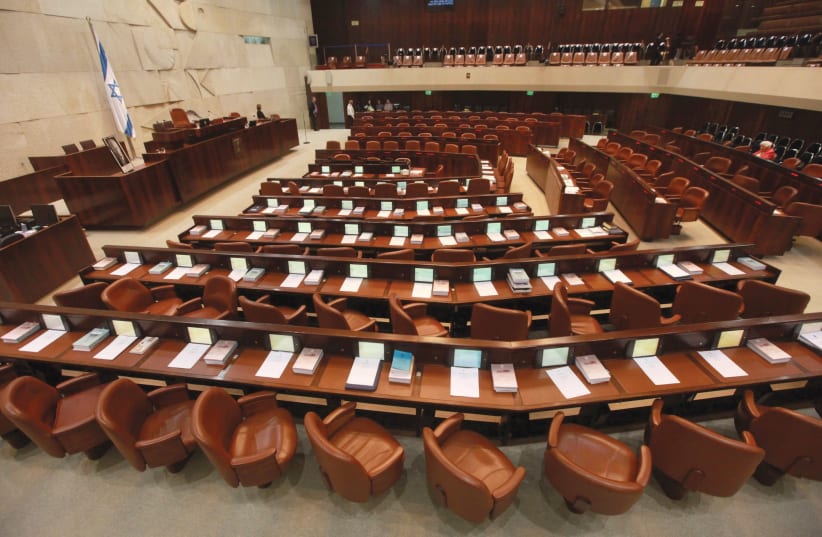Time for increased transparency in the Israeli Foreign Service
The Israeli Foreign Ministry is currently at a significant point of weakness – not only in terms of budget and manpower, but also due to a deliberate move to weaken it by dispersing its authority.
